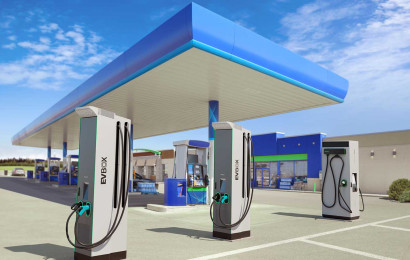

**Petrol Price Rise: What Extra Costs You’ll Face to Fuel Your Vehicle**
Recently, drivers worldwide have been experiencing the strain at the fuel station as petrol prices keep increasing. This surge in fuel expenses is due to a range of reasons, including geopolitical conflicts, variations in crude oil prices, and shifts in supply and demand. As these elements come together, consumers find themselves dealing with the financial ramifications of refueling their vehicles.
**Comprehending the Price Surge**
The petrol price is mainly determined by the crude oil cost, which represents a substantial part of the price per gallon or liter. When crude oil prices escalate, petrol prices follow suit. Recent geopolitical situations, like disputes in oil-producing areas and choices by leading oil-exporting nations to reduce production, have added to the fluctuations in crude oil pricing. Moreover, the worldwide economic recovery from the COVID-19 pandemic has resulted in greater fuel demand, further pushing up prices.
**Geographic Differences**
Petrol prices can vary greatly from one area to another because of disparities in taxes, subsidies, and transportation expenses. For example, nations with elevated fuel taxes will observe a more significant rise in petrol prices compared to those with lower taxes. Furthermore, areas that depend heavily on imported fuel may face steeper price increases owing to higher transportation costs.
**Effects on Consumers**
For the typical consumer, the rise in petrol prices results in greater expenses at the pump. Depending on the size of the vehicle’s fuel tank and the magnitude of the price increase, filling up a tank could cost much more than it did just a short while ago. For instance, if petrol prices go up by 10%, a driver who once spent $50 to refuel a 50-liter tank would now need to pay $55 for the same quantity of fuel.
**Methods to Alleviate Expenses**
As petrol prices persist in climbing, consumers can implement various strategies to lessen the burden on their finances:
1. **Fuel-Saving Driving:** Embracing fuel-efficient driving practices, such as keeping a consistent speed, avoiding quick acceleration, and minimizing idling time, can enhance fuel economy and lower overall fuel use.
2. **Carpooling and Mass Transit:** Sharing rides with others or opting for public transit can greatly decrease the number of trips to the petrol station, resulting in savings.
3. **Routine Vehicle Upkeep:** Making sure a vehicle is properly maintained, with well-inflated tires and a clean air filter, can boost fuel efficiency and decrease fuel expenses.
4. **Considering Alternative Fuels:** For those in the market for a new vehicle, looking into electric or hybrid models can bring about long-term savings on fuel expenses.
**Final Thoughts**
The rise in petrol prices is a multifaceted issue affected by global economic and political dynamics. While consumers have limited influence over these external factors, implementing cost-saving strategies can aid in easing the financial strain of rising fuel expenses. As the landscape continues to change, staying updated on market developments and exploring alternative transport options will be crucial for managing the effects of petrol price increases on family budgets.






